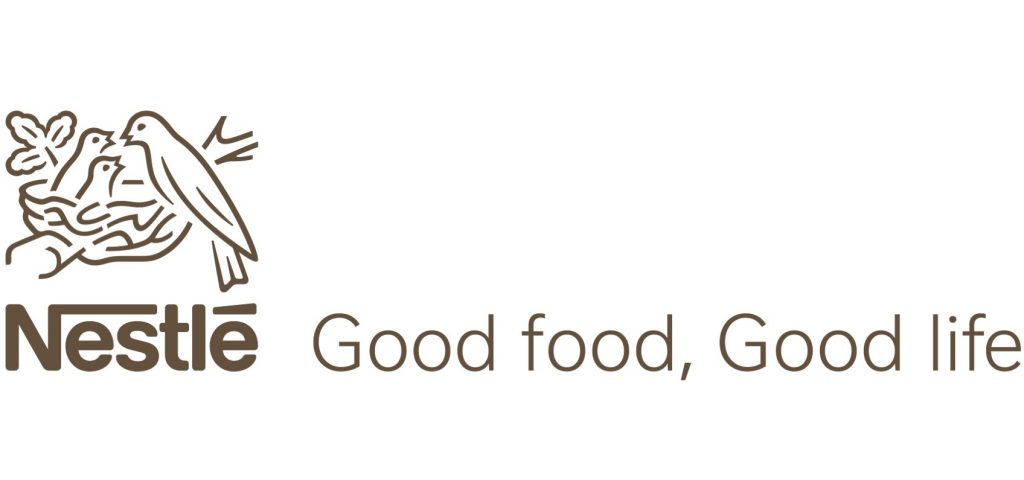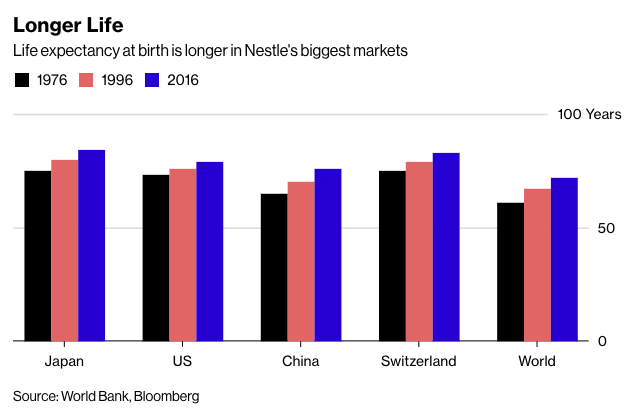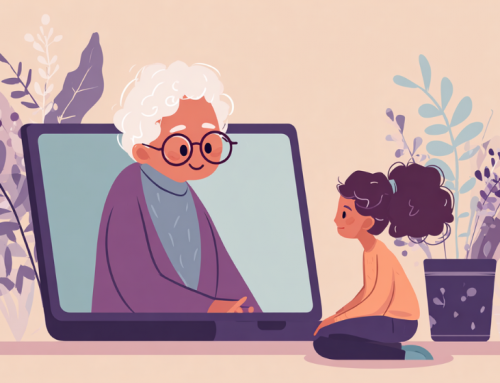
Nestle seeks to change its image with aging consumers through its Wellness Ambassador program, which uses AI and DNA to craft designer diets and sell food and vitamin supplements. It’s Good Food logo shows the change in focus from candy. (Image from Nestle, Inc.)
Nestle to Use AI for Personalized Nutrition Program
Nestle, the world’s largest food company⎯formerly best known for its candy products⎯has jumped on the personalized nutrition trend with a program that blends artificial intelligence, DNA testing and the modern obsession with Instagramming food. Nestle sold its candy division because of plummeting sales, investing in acquiring health-focused food companies and developing a new, healthy image.
After acquiring vegetarian meal-maker Sweet Earth Foods and meal-delivery service Freshly, Nestle made its biggest investment in Canadian dietary supplements maker Atrium Innovations in March at $2.3 billion, in a push to start an integrated health food division.
The “Nestle Wellness Ambassador” program, which began in Japan, will enable the Swiss company to collect valuable data on customers’ wellness and diet as it seeks to appeal to consumers who want to improve their health and longevity. The estimated cost of the data-driven program is $600 per person for customized, designer diets.
In Japan, some 100,000 users of the program send pictures of their food via the popular Line app that then recommends lifestyle changes and specially formulated supplements. The program can cost $600 a year for capsules that make nutrient-rich teas, smoothies and other products such as vitamin-fortified snacks.
“Most of the personalized approach is driven by smaller companies, that’s why it was fairly limited,” said Ray Fujii, a partner at LEK Consulting in Japan. “Nestle is taking a further step. They’re trying to figure out the algorithm between the test results and the genetic information and what they recommend as a solution. If they could do it, it’s a very big step.”
Nutritionists are skeptical about tailored diet plans based around supplements, saying they may have more of a psychological effect than a medical one.

Hitomi Kasuda, a 47-year-old freelance writer, says drinking Nestle’s kale smoothie and other health drinks as much as four times a week helps her feel better about not eating enough vegetables. She gave up using the chat function on the app, but said she is keen to get the DNA test.
According to a story on Bloomberg.com, Nestle employs over 100 research scientists studying cell biology, gastrointestinal medicine and genomics at the Nestle Institute of Health Sciences. They are developing tools to analyze and measure people’s nutrient levels for tailoring diets to their needs.
The goal is to enable consumers to make health breakthroughs by creating products and marketing them as ways to improve or extend their lives.
Big consumer companies, like Nestle, are searching hard to make the current senior markets loyal to its products, according to the Independent’s story, because it represents the largest segment in most countries. Also as consumers live longer, their loyalty means long-term market share.
read more at independent.co.uk







Leave A Comment